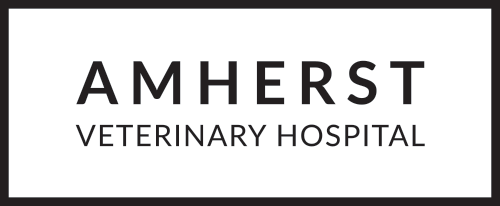Of all the classes of insurance that are available, our Vancouver veterinarian hospital has noticed that pet insurance is probably the most disregarded. Most people believe that their pet will not need it, or that they will have built up sufficient funds to cover any unforeseen mishap. The fact of the matter is that your pet will require medical attention at least once in his or her life, and your “rainy day” fund will probably just have been spent on that “once in a lifetime” trip to the Olympics, or emergency repairs to a flooded basement.
All breeds have predispositions to certain health problems that will require extensive and possibly long-term medical treatment, ranging from hip dysplasia, eye disorders, skin conditions, to arthritis and other age-related illnesses. It is also possible that a worker will forget to close the gate to your yard, and your pet will escape and be injured in a motor vehicle accident, or your cat will decide that tinsel is the new flavour of the month, and require emergency surgery on Christmas Eve. The correct insurance cover will help to ease the financial burden in these cases, and can even prove to be a life saver for a pet whose owner (if uninsured) would otherwise have not been able to afford crucial diagnostic tests or opted for euthanasia instead of surgery.
If you are considering taking out an insurance policy for your pet, look at all your options, as there are many different kinds of covers available, at varying prices. Some policies cover your pet for all eventualities, but obviously the monthly premium would be higher than one which covers only say accidental injuries, or only certain listed illnesses. Another important factor to look at is the limit that the insurance company offers – is it per claim, per year of insurance, or for the pet’s lifetime?
You usually have the choice of the amount of deductible that you are prepared to carry, i.e. the amount of any claim that you will pay before the insurance cover applies. It follows that the higher the deductible you elect to pay, the lower your monthly premium will be.
If your pet has a pre-existing condition which you are aware of, it is obligatory that you notify the insurance company of this condition at the time of taking out the policy, as this will not be covered for any future claims.
While everyone hates wading through legal jargon, it is a good idea to ask to see the full wording of an insurance policy that you are considering taking out. If you are uncertain of any terms or conditions, all of us at our Vancouver Animal Hospital highly recommend asking before buying. You may have overlooked the part which states that, as well as the deductible, you are responsible for an additional 10% of any claim, or that the consultation fee for that specialist eye surgeon is not covered. It is always better to know what to expect before you lodge a claim, than to find out the hard way afterwards.
If you have any further questions regarding pet insurance please feel free to contact us.
